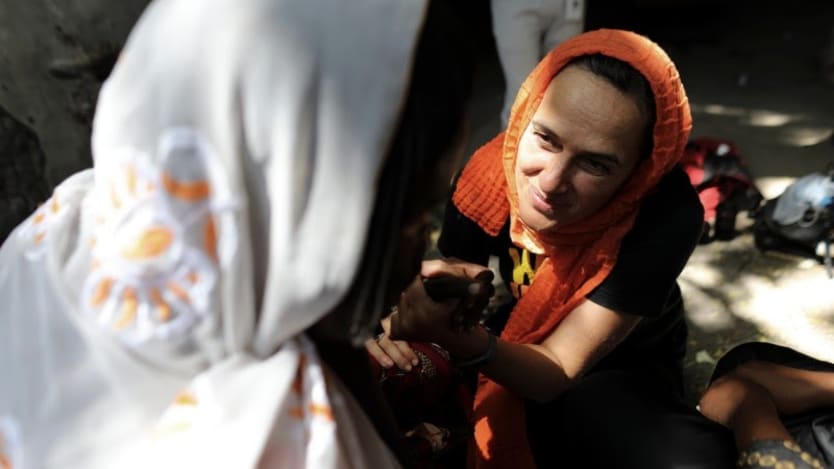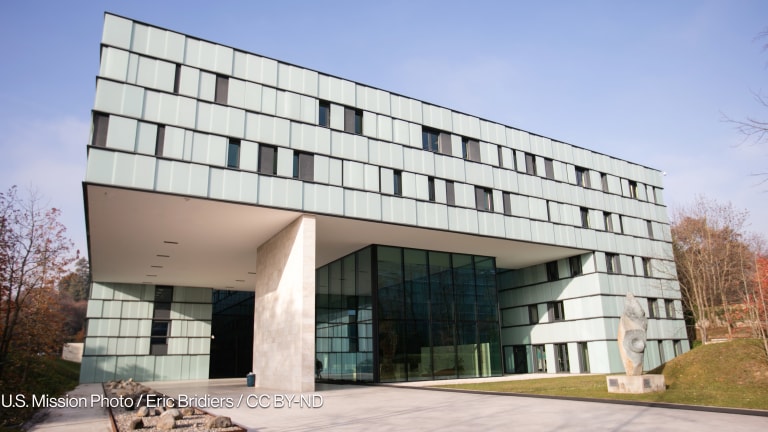
BELFAST, Northern Ireland — COVID-19 has “deeply transformed” the humanitarian and development sectors, potentially blurring the boundaries for good, according to the new secretary general of CARE International.
The coronavirus pandemic has provided an opportunity for CARE, as well as others, to rethink its work in the humanitarian and development spheres and how it can do better to “unsilo” and work in a more collaborative manner, Sofia Sprechmann Sineiro told Devex.
“All international nongovernmental organizations need to have a good look at ourselves and better understand and respond to this critical moment. … This really asks for a coherent, cohesive, and coordinated response from the sector as a whole,” Sprechmann Sineiro said.
The Uruguayan, who has more than two decades of experience with CARE and took over the secretary-general role from Lindsay Glassco on June 1, said that for her dual-mandate organization, humanitarian aid and development had “lived in silos.”
“Ultimately, the people who live in a context don't think of it as the ‘humanitarian context’ or a ‘long-term development context.’ These are the real things they suffer, and that's what we ground our response in,” she said.
Balancing emergency response to crises with longer-term programs in areas such as nutrition and women’s economic empowerment, Sprechmann Sineiro said she wants to further blur the lines between the two sectors.
“All international nongovernmental organizations need to have a good look at ourselves and better understand and respond to this critical moment.”
— Sofia Sprechmann Sineiro, secretary-general, CARE International“That is an area that I would like to really double down on because it's been, frankly, very sad to see how humanitarian funds have been underfunded this year,” she said. The United Nations Office for the Coordination of Humanitarian Affairs estimates that $90 billion will be needed to protect the most vulnerable 10% of people in the world’s poorest countries from the brunt of the pandemic.
On a practical level, Sprechmann Sineiro said, there is a lot that can be done to marry up the two sectors. For example, internal teams are sometimes structured and labeled in a way that does not encourage collaboration. “I can easily see colleagues who identify more with being humanitarian responders and colleagues who identify much more with working on long-term development. … That is the kind of thing we need to really get rid of.”
She also suggested working in partnership with other organizations and engaging feminist and civil society leaders from outside the sector “to help us understand how all of this belongs in one place.”








